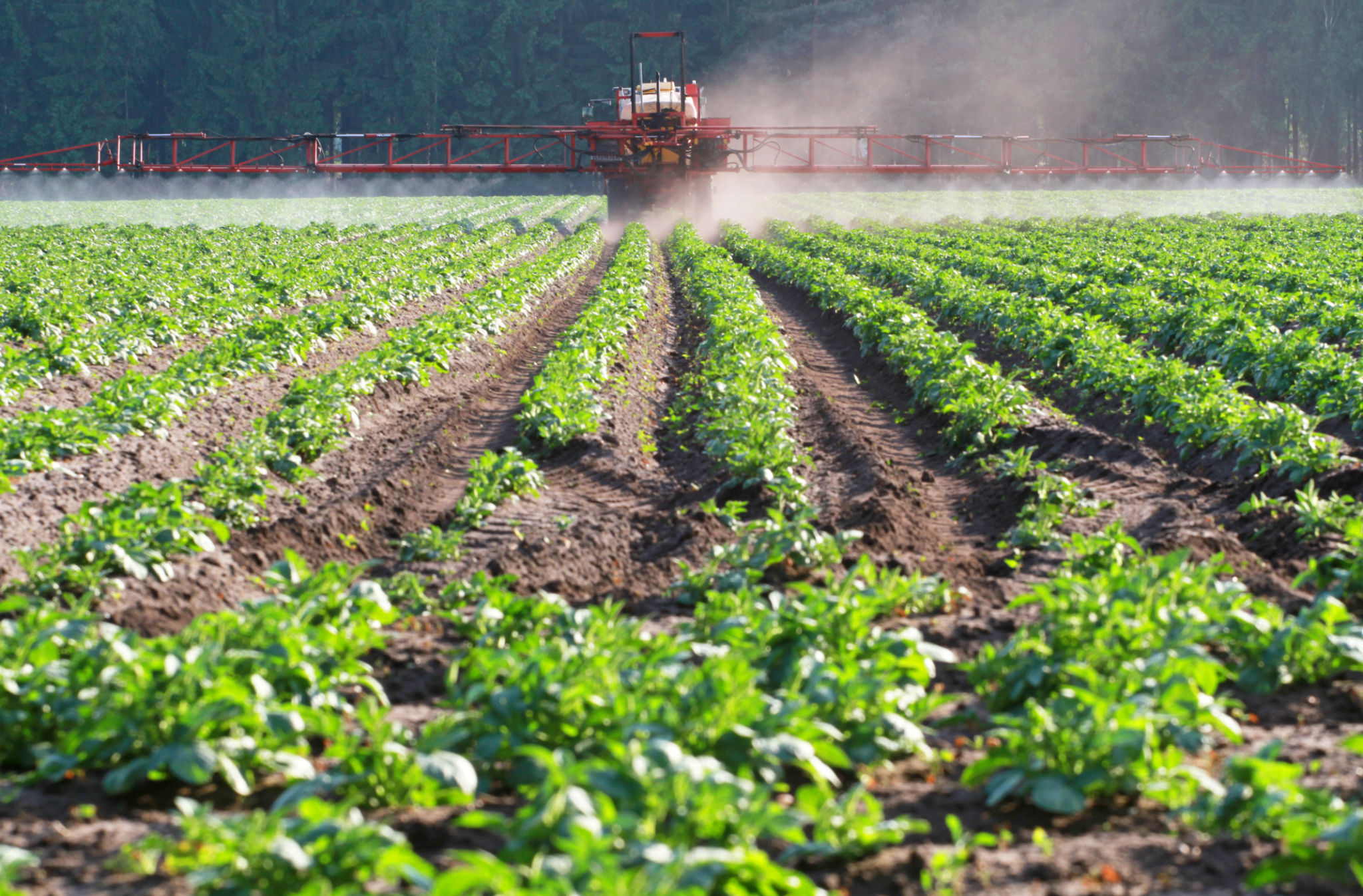Navigating Local Regulations: What You Need to Know About Using Herbicides in Limpopo
Understanding the Importance of Herbicide Regulations
Herbicides play a crucial role in modern agriculture, helping farmers and landowners manage weeds effectively to ensure healthy crop production. However, the use of herbicides is subject to stringent regulations, particularly in regions like Limpopo. Understanding these regulations is essential for compliance and environmental protection. By navigating local laws, you can ensure that your agricultural practices are both sustainable and legally compliant.

Key Local Regulations in Limpopo
Limpopo, known for its rich biodiversity and agricultural prowess, has specific regulations governing the use of herbicides. These regulations are designed to protect the environment, human health, and the integrity of local ecosystems. Some key aspects of these regulations include:
- Registration of Products: Only herbicides that are registered with the relevant authorities can be used. This ensures that the products have been evaluated for safety and efficacy.
- Permits for Use: Depending on the scale of application, you may need to obtain a permit. This is particularly important for commercial farming operations.
- Application Guidelines: Users must adhere to specific guidelines regarding application rates and methods to minimize environmental impact.
Environmental Considerations
The environmental implications of herbicide use cannot be overstated. In Limpopo, regulations emphasize the protection of water resources, soil health, and biodiversity. Farmers and land managers are encouraged to adopt integrated pest management strategies that reduce reliance on chemical controls. Implementing buffer zones around water bodies and using precision application technologies are examples of practices that help mitigate environmental risks.

Safety Measures and Best Practices
Ensuring safety during herbicide application is paramount. It is important to train all personnel involved in herbicide application on proper handling and safety protocols. Protective gear, including gloves and masks, should be worn to reduce exposure risks. Furthermore, regular equipment maintenance is essential to prevent leaks and ensure even application of the product.
Compliance and Monitoring
Regulatory compliance is not a one-time task but an ongoing responsibility. In Limpopo, authorities may conduct inspections to ensure adherence to herbicide regulations. Keeping detailed records of herbicide purchases, applications, and any adverse effects observed is crucial for demonstrating compliance. Regular audits can help identify potential areas of non-compliance and address them promptly.

Staying Informed and Updated
Regulations governing herbicide use are subject to change as new research emerges and environmental priorities shift. It is important for farmers and agricultural businesses in Limpopo to stay informed about any changes to local regulations. Subscribing to updates from agricultural bodies and participating in workshops can provide valuable insights into best practices and regulatory changes.
Seeking Expert Advice
For those new to herbicide use or unfamiliar with the current regulations in Limpopo, seeking expert advice can be invaluable. Agricultural extension officers, environmental consultants, and industry associations can provide guidance tailored to your specific needs and circumstances. Collaborating with these experts ensures that your practices align with both legal requirements and sustainable agricultural goals.
By understanding and adhering to local regulations, you can harness the benefits of herbicides while safeguarding the environment and ensuring compliance with the law. With careful planning and informed decision-making, navigating the complexities of herbicide regulations in Limpopo can lead to successful and sustainable agricultural outcomes.